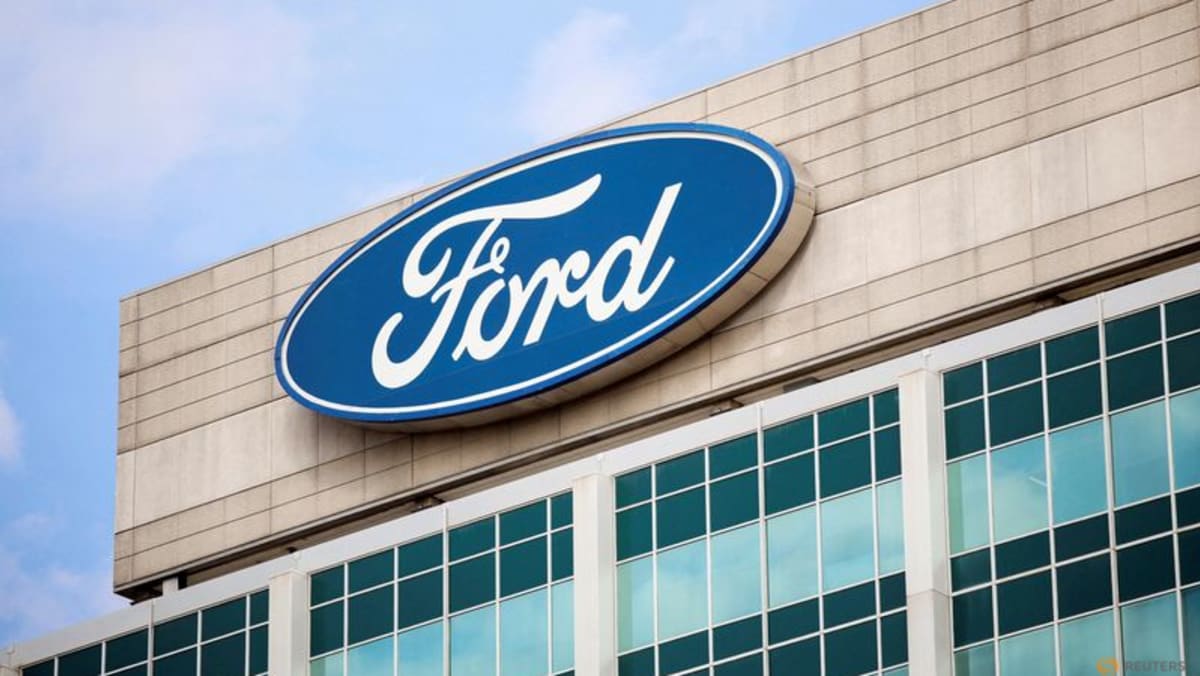Ford Motor said on Friday (Apr 18) it has halted shipments of its SUVs, pick-up trucks and sports cars to China, as it starts to face the heat from retaliatory tariffs that have seen vehicles face taxes as high as 150 per cent.
“We have adjusted exports from the US to China in light of the current tariffs,” Ford said in a statement.
The car maker earlier this week halted shipments of its F-150 Raptors, Mustangs and Michigan-built Bronco SUVs as well as Kentucky-made Lincoln Navigators to China.
It operates a number of manufacturing joint ventures in China with Chinese companies, producing vehicles under both the Ford and Lincoln brands.
The development comes as US car makers scramble to find ways to tackle President Donald Trump’s on-again, off-again tariffs, which are expected to dent profits of carmakers and parts suppliers likewise.
The Wall Street Journal was first to report on the halt, citing people familiar with the matter.
Ford’s exports of US-built engines and transmissions to China are expected to continue despite the pause on exports of assembled vehicles.
Its Lincoln Nautilus model, which is manufactured in China, is also expected to have continued shipments, despite heavy tariffs.
Ford is among the best-placed automakers to weather tariffs, as it produces about 80 per cent of its US-sold vehicles domestically.
Still, the automaker is expected to raise prices of its new vehicles if tariffs continue, according to an internal memo sent to dealers that was seen by Reuters.
An analysis by the Center for Automotive Research published earlier this month said that Trump’s 25 per cent tariffs on automotive imports will escalate costs for automakers by about US$108 billion in 2025.
Overall, Ford sold 442,000 vehicles – made in the US and elsewhere – in China in 2024, comprising 1.6 per cent of the market, according to the car maker’s latest annual report.
Ford’s Chinese ventures resulted in 2024 operating profits of around US$900 million, vice chairman John Lawler said this week at a financial conference.
Trump earlier this week floated the idea that he was considering a modification to the auto-related tariffs, indicating he might allow exemptions on existing levies.
